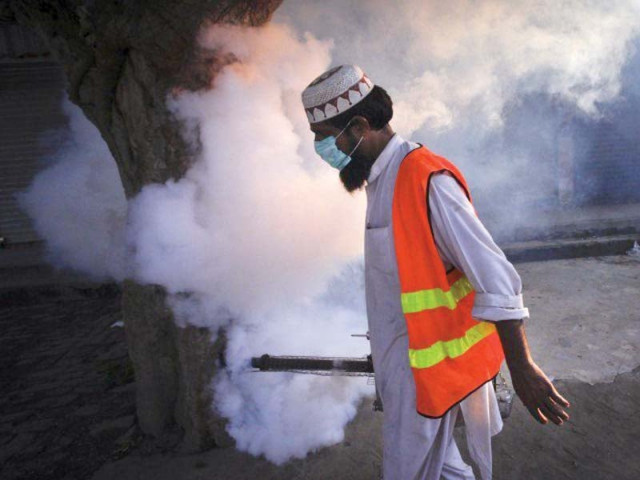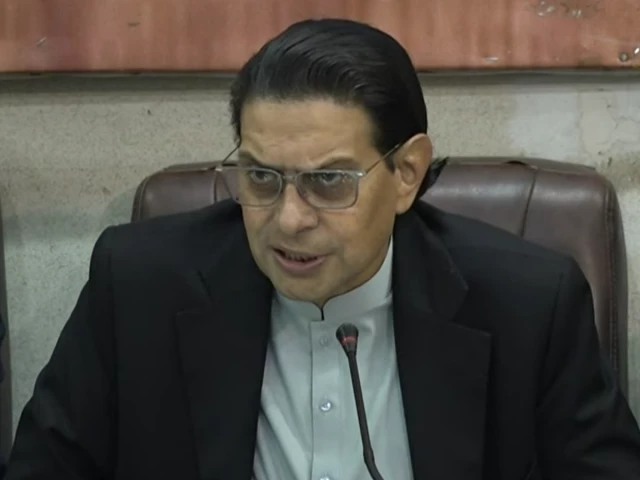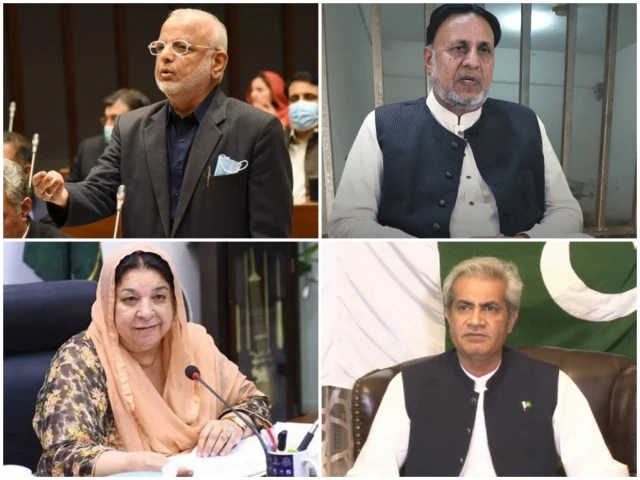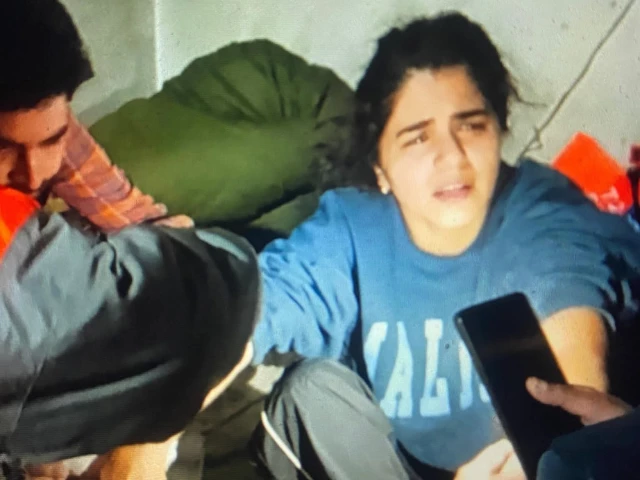Combating Dengue and Malaria: A Call to Action for Karachi
As the monsoon rains pour over Karachi, the city faces a familiar threat: an uptick in dengue and malaria cases. Every year, as water pools stagnantly in the streets and neighborhoods, the breeding ground for mosquitoes becomes ripe. Unfortunately, Karachi has seen minimal action taken to combat these diseases, and the burden falls heavily on an overwhelmed healthcare system.
The Current State of Affairs
Currently, Karachi is grappling with a severe shortage of resources to combat dengue and malaria. With a population exceeding 20 million, only 18 employees are tasked with conducting germicidal spraying across seven districts. Making matters worse, these employees have not received their salaries for eight months and face job insecurity, having worked on contracts for nearly a decade.
Medical experts repeatedly emphasize the importance of germicidal spraying following rainfalls. The female Aedes Aegypti mosquito, responsible for spreading the dengue virus, thrives in the post-monsoon environment, breeding rapidly and increasing the risk to public health. The government is aware of these pressing issues, yet the response has been tepid at best. The Vector-Borne Disease office in Karachi has suffered a decline in active spraying campaigns, particularly after relocating its headquarters to Hyderabad.
The Human Impact
Every year, as the mosquito population explodes, the impact on public health is devastating. Hospitals are left scrambling to manage the influx of dengue and malaria patients, suffering not only from the diseases but also from lack of adequate medical supplies. While government hospitals are gradually activating additional facilities to combat the crisis, many patients are forced to seek help from private institutions, often leading to exorbitant medical expenses.
For instance, platelet transfusions, crucial for severe dengue cases, can set families back thousands of rupees. With a single unit often costing anywhere from Rs3,000 to Rs5,000, and mega units going for Rs30,000 to Rs40,000, many families are financially strained beyond measure.
What Needs to Change?
The need for actionable plans is more urgent than ever. District Health Officers have reported inadequate staffing and resources, posing a significant challenge. Despite allocated budgets totaling millions specifically for spray campaigns, the execution remains elusive. There must be heightened accountability and better communication between government departments to ensure the spraying initiatives are not just promised but implemented effectively.
A Community Effort
To truly tackle dengue and malaria, it’s vital for the community to come together. Public participation in awareness campaigns can help educate residents on preventive measures while advocating for improved health policies. It’s a shared responsibility to ensure the well-being of all residents in Karachi.
In conclusion, while the challenges are daunting, progress is possible through collaboration between government agencies and the community. It’s imperative that we push for action and solutions to ensure the health and safety of every resident in Karachi. For ongoing support and resources, you can connect with Pro21st, where we focus on health and community engagement initiatives. Together, we can make a difference.
At Pro21st, we believe in sharing updates that matter.
Stay connected for more real conversations, fresh insights, and 21st-century perspectives.





